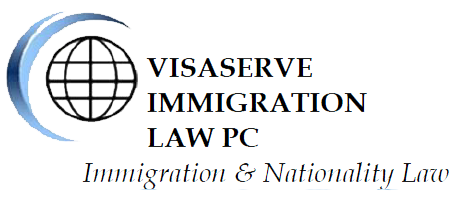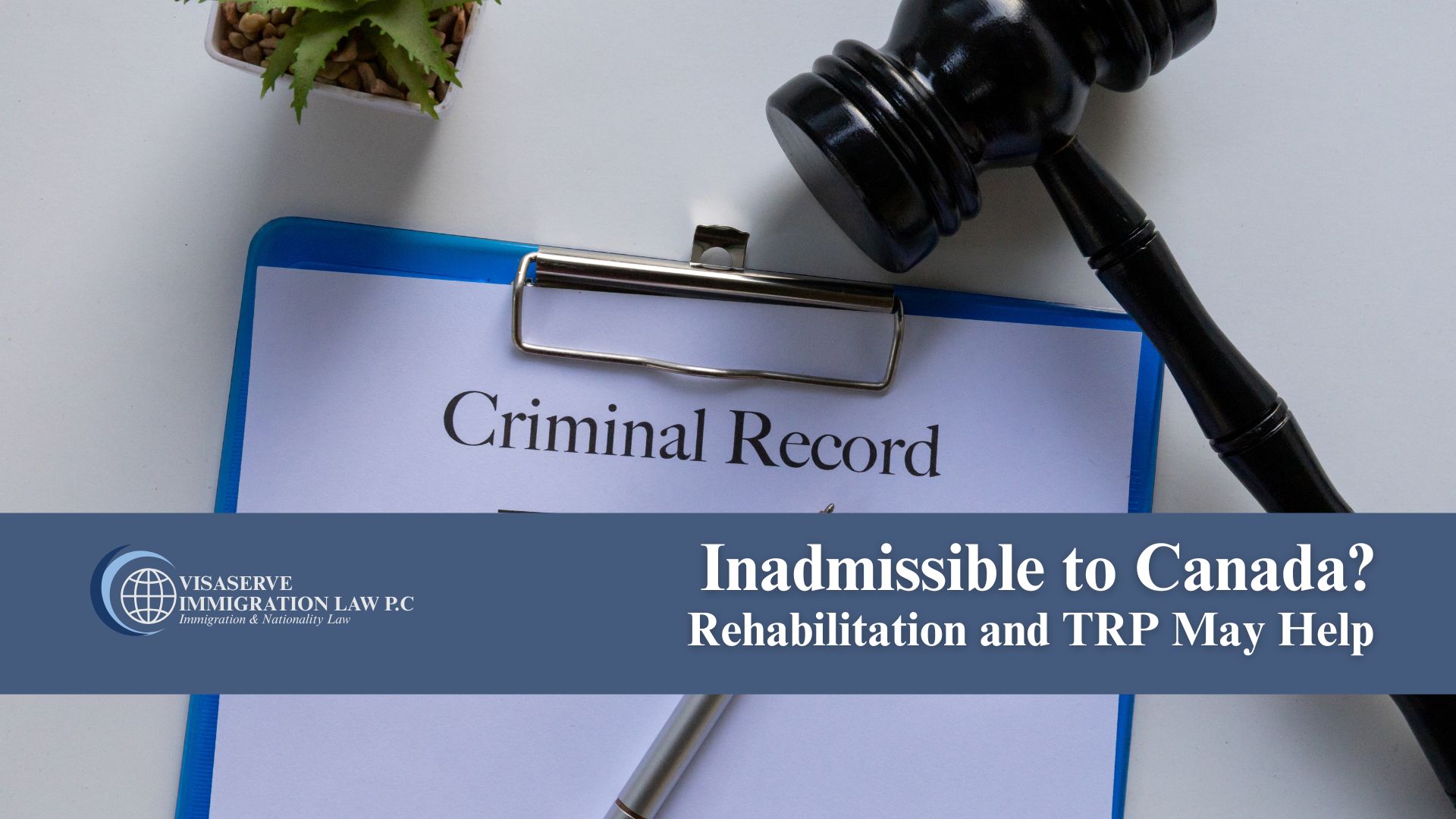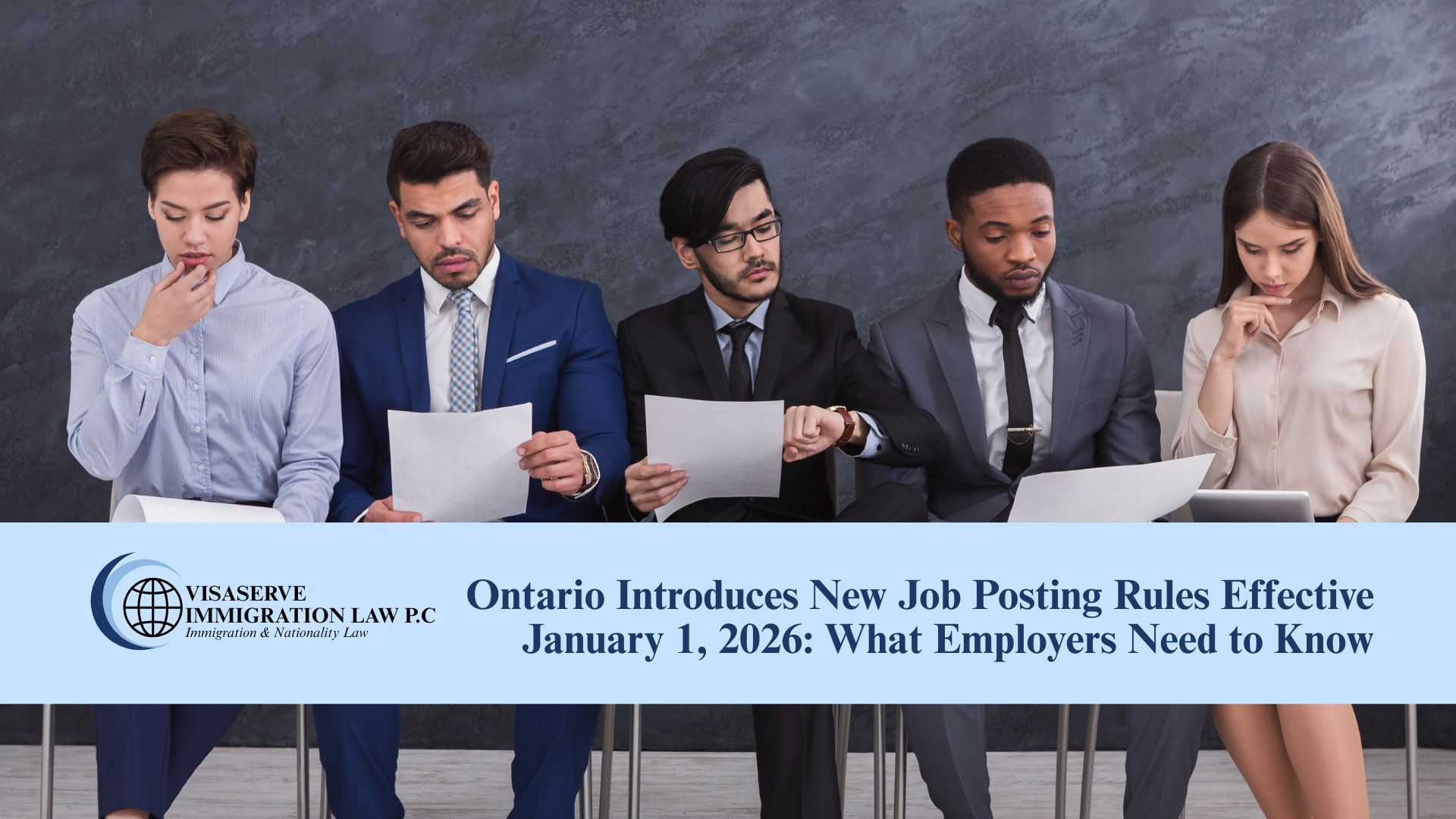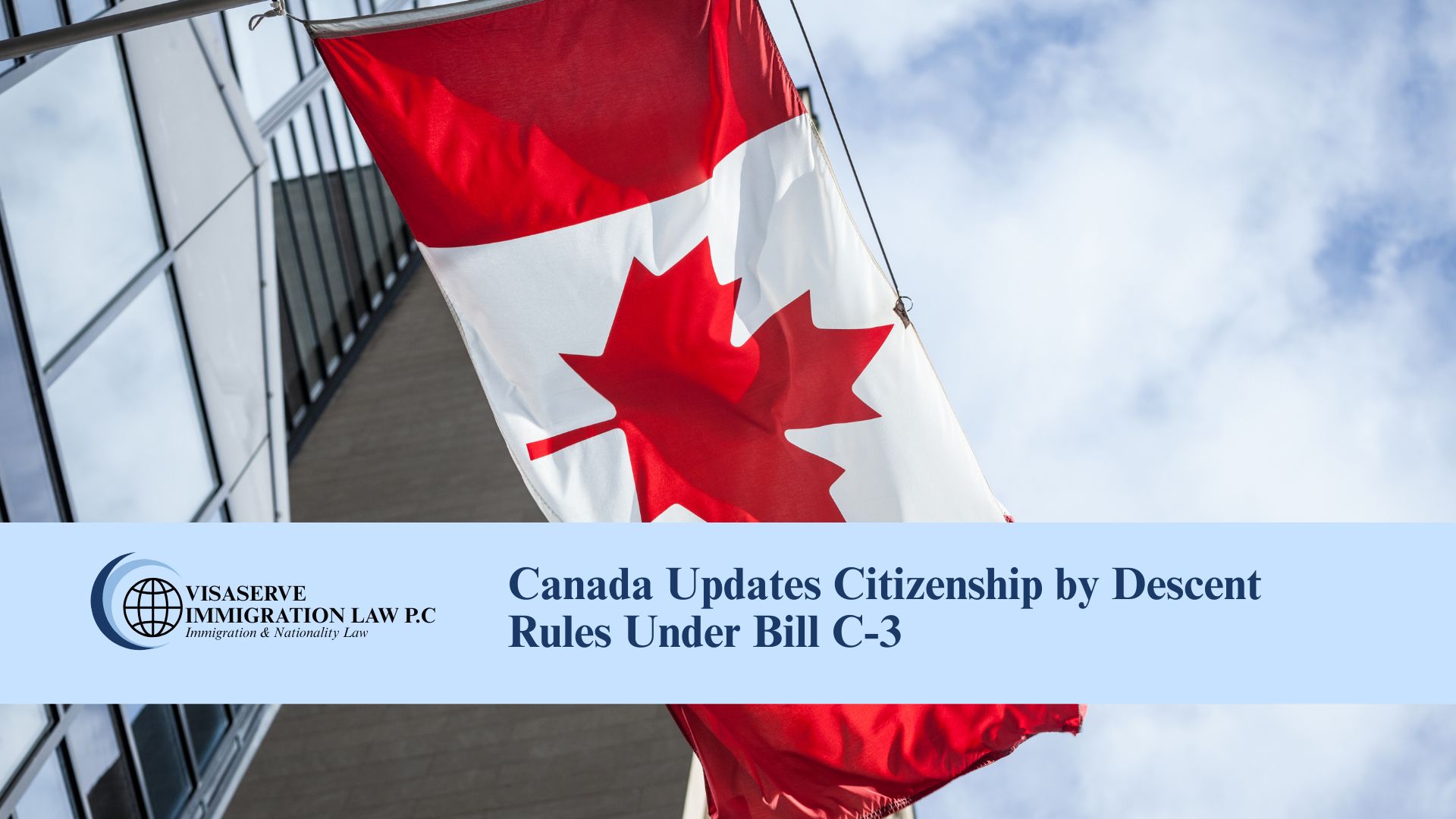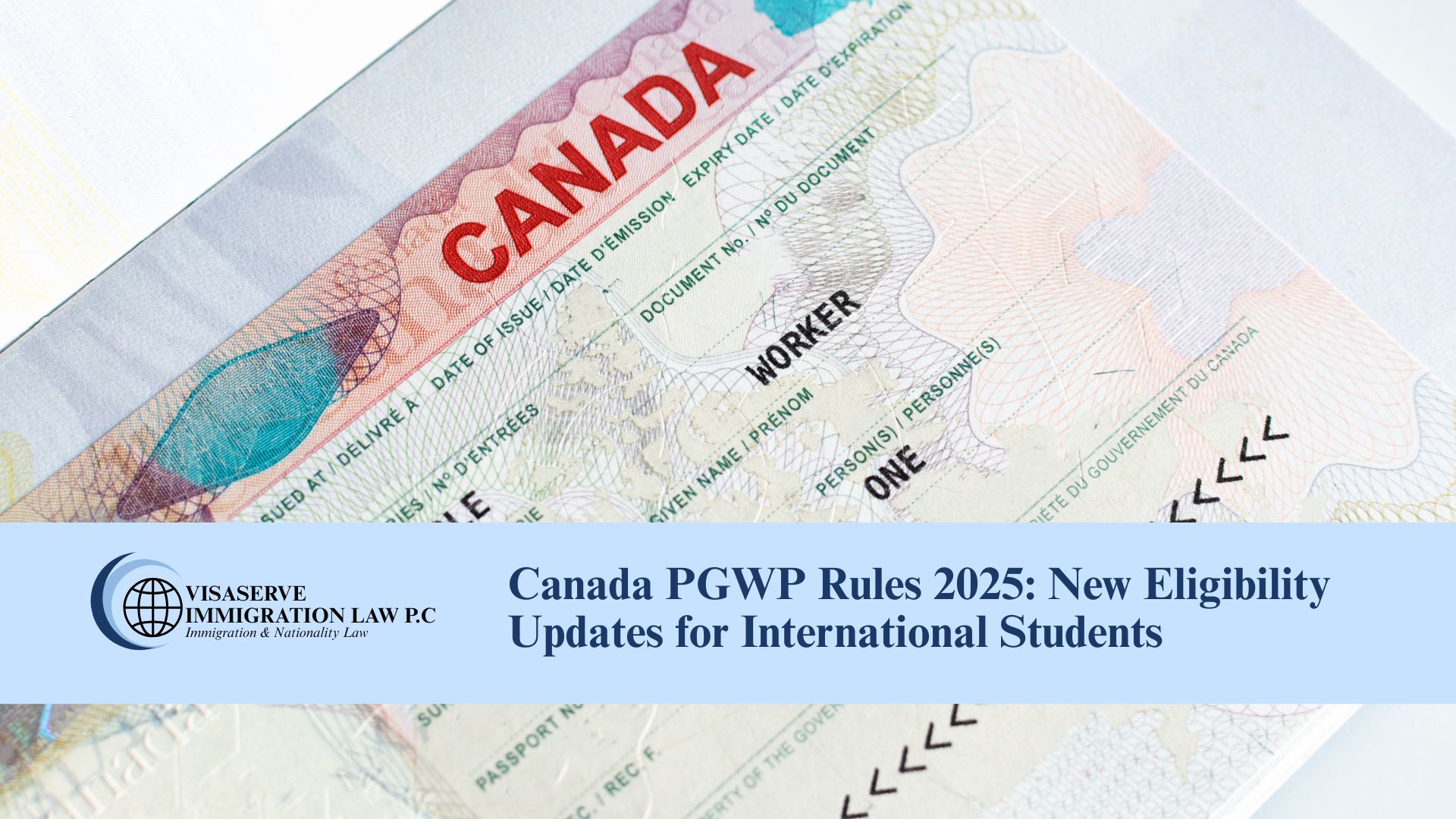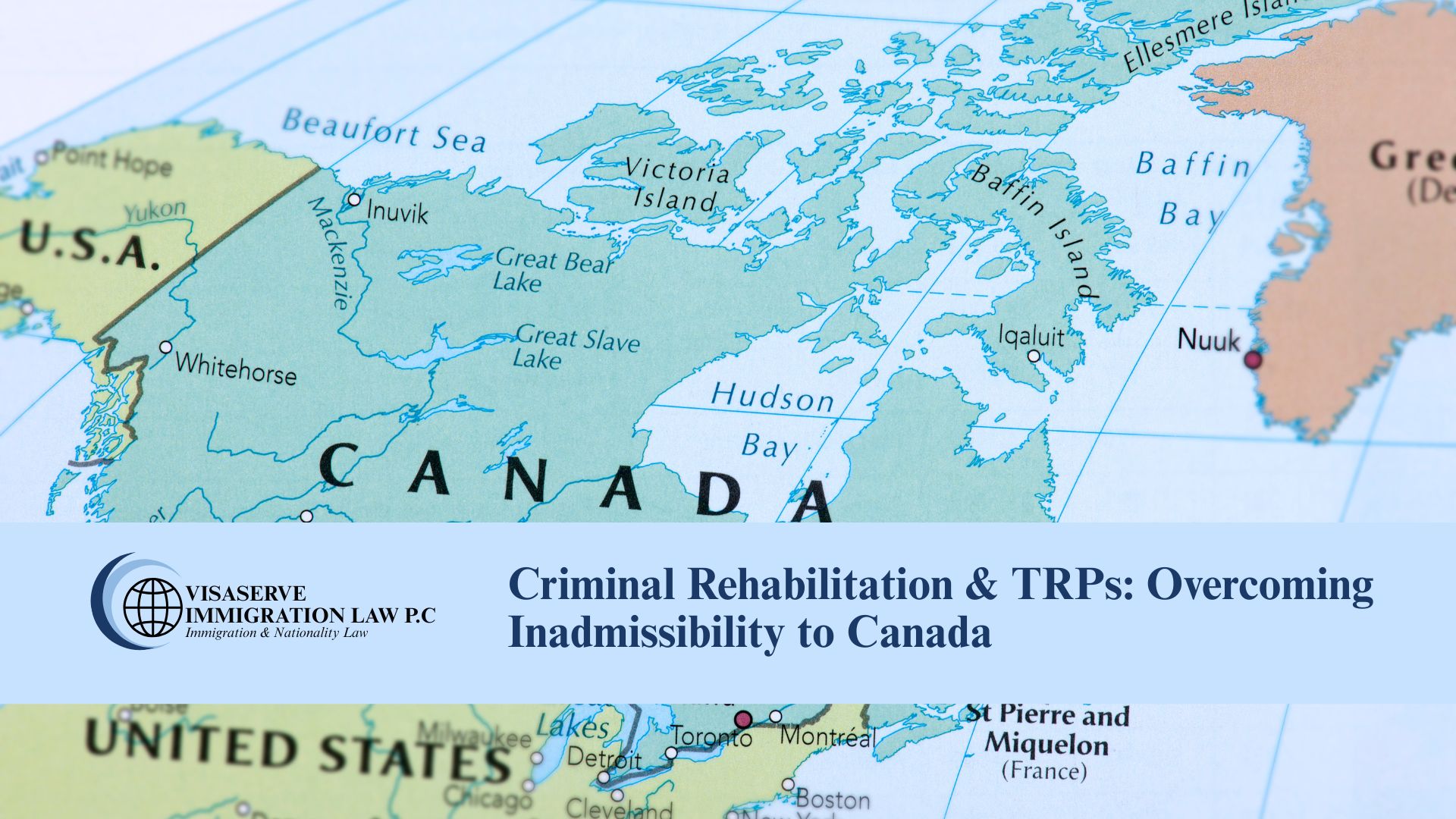A past criminal record can make a foreign national inadmissible to Canada, preventing them from visiting, studying, working, or applying for permanent residence. Fortunately, Immigration, Refugees and Citizenship Canada (IRCC) provides two legal solutions for individuals in this situation: criminal rehabilitation and Temporary Resident Permits (TRPs).
Why Inadmissibility Matters
Canada takes criminal inadmissibility seriously. Even minor convictions from abroad can affect your ability to cross the border. Between 2014 and 2024, IRCC received more than 25,350 criminal rehabilitation applications from foreign nationals. Of these:
-
Nearly 70% were approved (over 17,600 applicants gained entry),
-
About 20% were refused, and
-
Roughly 10% were withdrawn.
These numbers highlight both the importance of rehabilitation and the risks of applying without thorough preparation.
The Global Reality of Criminal Records
Criminal records are more common than many realize. In the United States, nearly one-third of adults of working age have a record, with over 100 million arrest entries logged by 2012 (though some are duplicates). In Canada, approximately 10% of the population has a criminal record, with Statistics Canada and the Department of Justice reporting that younger adults and Indigenous individuals are disproportionately represented.
For foreign nationals, this means inadmissibility concerns are widespread — and programs like rehabilitation and TRPs provide critical pathways forward.
Criminal Rehabilitation in Canada
Criminal rehabilitation is a permanent solution to inadmissibility. Once approved, the individual is no longer barred from entering Canada due to past convictions.
According to IRCC’s official Guide 5312, eligibility requires that:
-
At least five years have passed since the completion of your sentence, including fines, probation, or license suspensions.
-
The offence is recognized under Canadian law.
-
You can demonstrate that you are rehabilitated and unlikely to re-offend.
A successful application can reopen opportunities for work permits, study permits, permanent residency, or family visits.
Temporary Resident Permits (TRPs)
For those not yet eligible for rehabilitation, a TRP provides a temporary solution. A TRP allows entry or continued stay in Canada if the reason for travel is justified and outweighs the potential risks.
TRPs may be granted for:
-
Urgent family visits,
-
Short-term business trips, or
-
Study or work opportunities.
However, TRPs are discretionary and require strong supporting evidence.
Why Legal Guidance Is Essential
Given that nearly one in five rehabilitation applications are refused, professional legal assistance is often the difference between success and refusal. An immigration lawyer can:
-
Assess whether rehabilitation or a TRP is your best option,
-
Prepare documentation that aligns with IRCC’s requirements, and
-
Present your case to maximize your likelihood of approval.
Final Thoughts
Being inadmissible to Canada does not have to be the end of your journey. With nearly 70% of rehabilitation applications approved in the last decade, foreign nationals have real opportunities to overcome past mistakes. Whether through rehabilitation or a TRP, the law provides structured pathways for individuals who can demonstrate rehabilitation and genuine purpose in entering Canada.
